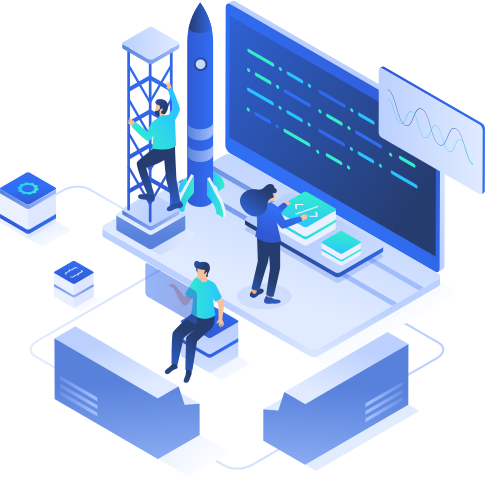System design is the process of designing and implementing a system that meets the requirements of a given problem or task. It involves the creation of a plan for the system, as well as the selection of the technologies and components that will be used to build it. System design is a critical step in the development of any software, hardware, or other complex system, as it helps to ensure that the final product will be efficient, scalable, and able to meet the needs of its users.
There are a number of topics that are commonly asked about in system design interviews, and understanding these topics can be key to success in such an interview. Some of the most important topics to be familiar with include:

-
Scalability: One of the most important considerations in system design is the ability of the system to scale up or down as needed to meet changing demand. This may involve designing the system to be able to handle a large number of users or transactions, or to be able to process data quickly and efficiently.
-
High availability: Ensuring that a system is always available and able to perform its functions is critical for many applications. This may involve designing the system to be able to recover quickly from failures, or to be able to handle a high volume of traffic without becoming overloaded.
-
Performance: The performance of a system is critical to its effectiveness and user satisfaction. System designers must consider factors such as response time, throughput, and latency when designing a system, and must choose technologies and components that are optimized for these metrics.
-
Security: Ensuring the security of a system is essential to protect sensitive data and prevent unauthorized access. System designers must consider issues such as authentication, authorization, and data encryption when designing a secure system.
-
Distributed systems: Many modern systems are built using distributed architectures, which involve multiple servers and components working together to provide a service. Designing such systems requires an understanding of issues such as communication protocols, data consistency, and fault tolerance.
-
Data storage and retrieval: Choosing the right data storage and retrieval technologies is critical for the performance and scalability of a system. System designers must consider issues such as data modeling, indexing, and query optimization when designing a system that stores and retrieves data efficiently.
In conclusion, system design is a complex and multifaceted process that requires an understanding of a wide range of topics. Familiarity with these topics can be crucial to success in a system design interview, and can also be valuable in the design and development of any complex system.